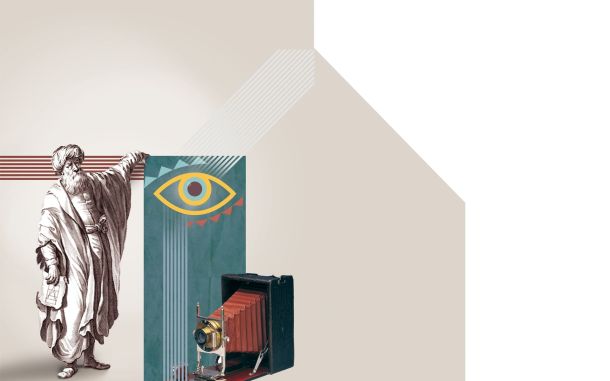Editorial: Time Flies By

One strange thing about time is that it passes quickly, especially when we’re enjoying it! Or rather, that’s how we it feels. Think about summer: when we are just about to make the best of it, we start seeing “back to school” shopping ads everywhere. For many of us over a certain age, life feels like an unfulfilled summer that is about to end, and we start seeing signposts to another life. How should we, then, make the best of the time we are given in this life? In the lead article, Fethullah Gülen gives a sense of how true believers perceive time, whether it is summer or winter, and the inspirations “beyond time and space” they get from it. For him, time is always “fascinating,” “magical,” and “adorned with wonders.” For time to be perceived as such, intentions and perspectives need to be adjusted to the way of true believers; otherwise, the magic they feel cannot be described to someone who has never experienced time the way they do.
The Humanity of Muhammad has been a bestseller since it was released in 2020. Written by Dr. Craig Considine, many readers have found the Prophet as portrayed in this book as someone not confined to seventh century Arabia but still relevant in the twenty-first century—and not only to Muslims but to all mankind. Teaching sociology at Rice University, Dr. Considine has been very visible on social media with his eye-opening posts about the life of Prophet Muhammad, peace be upon him, who is still relatively unknown—or even worse, known wrongly—in the West and among Muslims. The Fountain interviewed Dr. Considine about his exceptional work.
When the same Prophet Muhammad, peace be upon him, who brought so much light to this world, passed away in 632 CE, so much was lost. Despite a fantastic generation of believers that formed around him, his death was followed by a vacuum of authority and disagreements that emerged among some of his companions. Selcuk Camci gives a convincing account of Bediuzzaman Said Nursi’s analyses of these heartbreaking political events that caused schisms among Muslims that continue until today.
In the present day, AI continues to intrigue us. One interesting potential contribution of AI would be to provide companionship to those who are lonely. Loneliness has come to be recognized as a major health problem, potentially contributing to depression, obesity, dementia, and even early death for many. The preliminary results of research conducted with companion robots show that “amiable androids help reduce stress and even promote skin healing.” Loneliness is an epidemic, especially among the elderly, and we need to find healing solutions, whether it is through robots or real human interaction. Check out Science Square for more about “amiable androids.”








